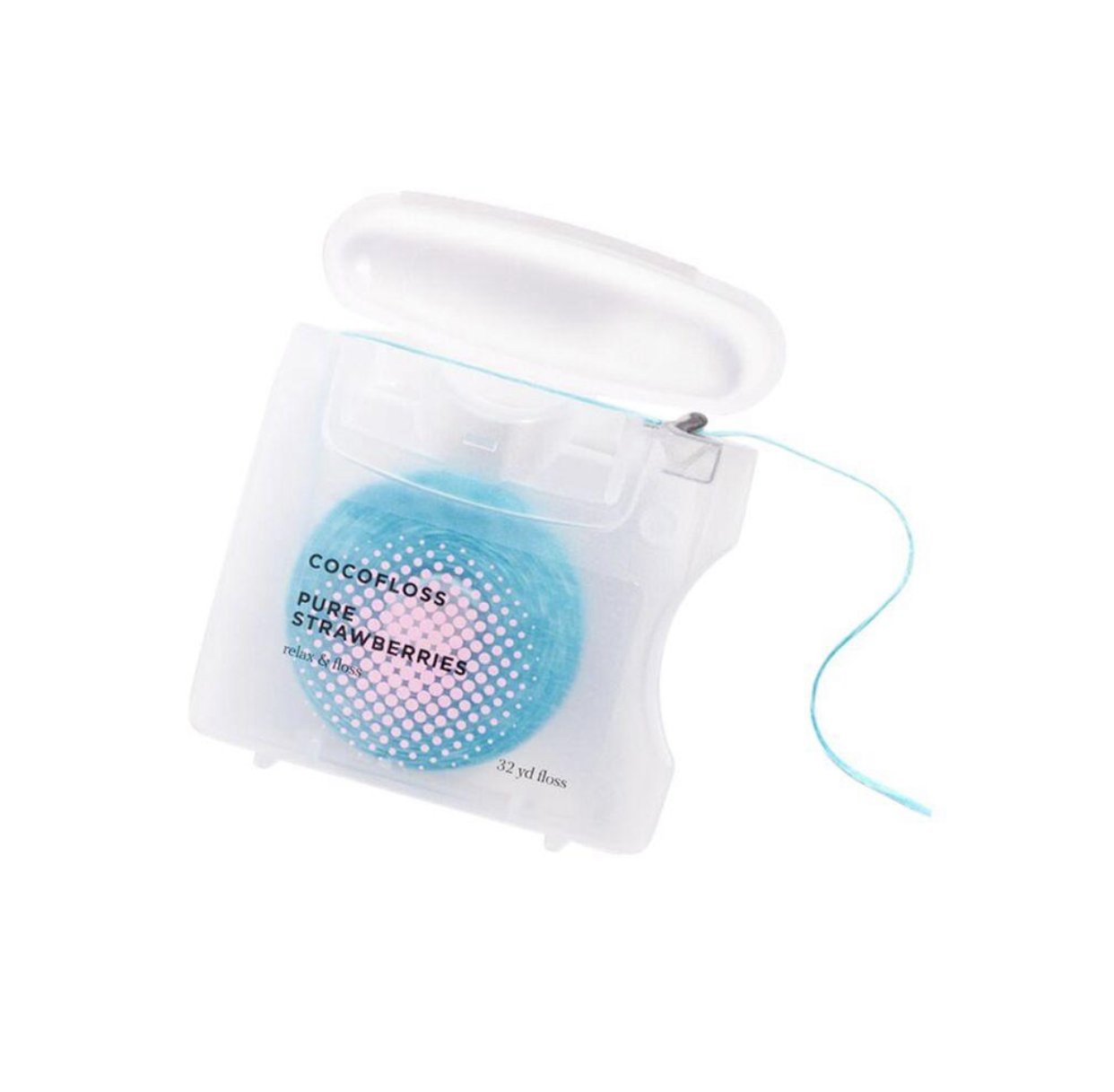Your Body’s New BFF: A Regulated Nervous System
Whether you have been staring at a screen for most of the day, dealing with a packed over scheduled day, or unknowingly Exposed to environmental toxins many aspects of modern life seems to be a recipe to disrupt our nervous systems. Yet, we are learning through various medical studies which are highlighting how an unregulated nervous system can lead to a decline in our overall health, even impacting our mental and emotional health.
Before getting into how to help our nervous system operate in a optimal regulated functioning way, It is helpful to know the function of our nervous system and how it impacts various areas through out our body.
The nervous system is a complex network of specialized cells, called neurons, that transmit signals and information throughout the body. Its primary function is to control and coordinate the activities of various organs, tissues, and cells in response to internal and external stimuli. In essence, the nervous system serves is the body's communication and control center which is divided into to two main systems:
Central Nervous System (CNS): which consists of the brain and spinal cord. It serves as the central processing unit of the nervous system, responsible for receiving, integrating, and generating responses to sensory information.
Peripheral Nervous System (PNS): The PNS includes all the nerves that extend from the CNS to the rest of the body. It relays information between the CNS and the body's organs, muscles, and sensory receptors.
And together the CNS and the PNS affect:
Sensory Input: The nervous system receives information from sensory organs, such as the eyes, ears, skin, and taste buds, about the external environment (sight, sound, touch, taste, and smell) and internal conditions (body temperature, pain, and pressure).
Integration: Once sensory input is received, the nervous system processes and integrates this information. The brain and spinal cord (central nervous system) play a crucial role in analyzing and interpreting sensory data.
Motor Output: Based on the processed information, the nervous system generates appropriate responses. It sends signals to muscles, glands, and other effectors to carry out specific actions or physiological processes. This includes voluntary movements (e.g., walking) and involuntary functions (e.g., heartbeat, digestion).
Homeostasis: The nervous system helps regulate and maintain the body's internal environment within a narrow range of conditions necessary for optimal functioning. It can initiate responses to correct imbalances, such as regulating body temperature or blood pressure.
Higher Cognitive Functions: In addition to basic functions, the nervous system is responsible for higher cognitive processes like thinking, memory, emotion, and decision-making. These functions primarily involve the brain's complex networks of neurons.
Communication: The nervous system enables communication between different parts of the body, allowing coordination and synchronization of activities. For example, it ensures that your heart rate increases during exercise, your digestive system operates when you eat, and your muscles respond to commands from your brain.
Adaptation: The nervous system is adaptable and can learn from experiences. It forms and strengthens neural connections (synapses) through a process called synaptic plasticity, allowing individuals to acquire new skills, memories, and behaviors.
Shop The Wellness Collection
Symptoms Of A Disregulated Nervous System
The nervous system can become dysregulated for various reasons, often resulting in symptoms such as anxiety, stress, depression, or even physical health issues. Here are some ways the nervous system can become unregulated:
Chronic Stress: Prolonged exposure to stressors without adequate relaxation or coping mechanisms can lead to a dysregulated nervous system.
Trauma: Physical or emotional trauma can disrupt the balance of the nervous system and lead to conditions like PTSD.
Poor Sleep: Inadequate or poor-quality sleep can negatively affect the nervous system's regulation.
Substance Abuse: Drugs and alcohol can disrupt the normal functioning of the nervous system, leading to addiction and withdrawal symptoms.
Chronic Illness: Conditions like chronic pain, autoimmune disorders, or neurological diseases can impact the nervous system.
Nutrition: A diet lacking essential nutrients can affect the nervous system's ability to function optimally.
Environmental Toxins: Exposure to environmental toxins or pollutants can disrupt neural pathways and nervous system function.
Mental Health Disorders: Conditions like anxiety, depression, and bipolar disorder can involve dysregulation of the nervous system.
you might be wondering or Even might feel Further triggered because that list and most modern life seems to be a recipe for a Disregulated Nervous system. so how is someone to go about their life and still find a way to feel their healthiest and be in a state of harmony also known as Homeostasis?
Helping Your Body and Nervous system back to a regulated state
Here are some tips for regulating the nervous system. as always the first step is to take honest inventory of how you are actually feeling. and another great step is to see a health care provider who might also recommend some of the following methods in conjunction with other methods helping your nervous system come into Homeostasis.
Deep Breathing: Practice deep, diaphragmatic breathing to activate the body's relaxation response and reduce stress.
Mindfulness and Meditation: These techniques can help you become more aware of your body's signals and promote relaxation.
Physical Activity: Regular exercise can reduce stress hormones and promote the release of feel-good neurotransmitters like endorphins.
Healthy Diet: Eat a balanced diet rich in nutrients, particularly those that support brain health, like omega-3 fatty acids, and avoid excessive caffeine and sugar.
Adequate Sleep: Prioritize sleep hygiene to ensure you get enough restorative sleep each night.
Social Support: Connect with friends and loved ones for emotional support, which can help regulate emotions and reduce stress.
Therapy: Cognitive-behavioral therapy (CBT) and other forms of psychotherapy can help you learn coping strategies and regulate emotions.
Yoga and Tai Chi: These practices combine movement, breath control, and mindfulness to promote nervous system regulation.
Biofeedback: This technique helps individuals learn to control physiological functions, such as heart rate and muscle tension, to reduce stress.
Limiting Stimulants: Reduce or eliminate the consumption of caffeine, nicotine, and other stimulants, especially close to bedtime.
Progressive Muscle Relaxation: This technique involves tensing and relaxing muscle groups to reduce physical tension and stress.
Holistic Approaches: Explore holistic approaches like acupuncture, aromatherapy, or massage therapy, which may help with nervous system regulation.
Vitamins and Herbal Supplements: B Vitamins: B1, B6, B12, Magnesium, Omega-3 Fatty Acids, Vitamin D, Zinc, Iron, L-Theanine, Ginkgo Biloba, Ashwagandha, Valerian Root, Chamomile, Lavender, Passionflower, Rhodiola Rosea
Medication: In some cases, medication prescribed by a healthcare professional may be necessary to regulate the nervous system, especially in cases of severe mental health disorders.
Shop The Lifestyle Collection
































































































































